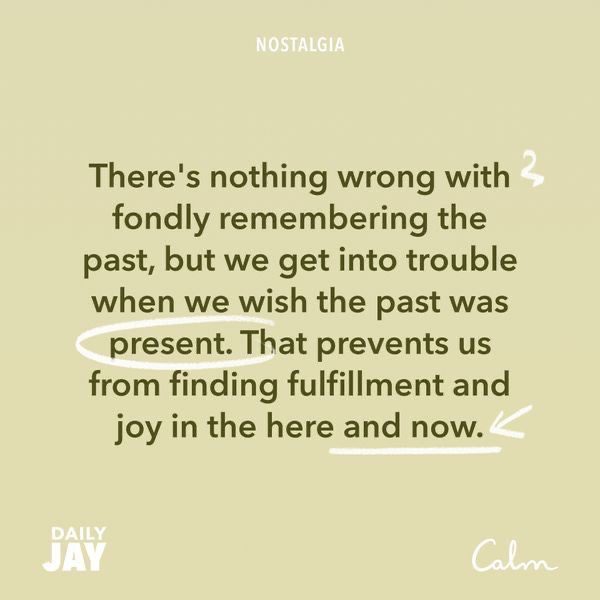British author, podcaster and former monk Jay Shetty is one of my favourite teachers, as I listen to him daily while meditating. His Daily Jay session on the Calm App is one of the guided meditations with which I start my day. I am also an ardent listener of his podcast – On Purpose with Jay Shetty.

In his inspiring and thought-provoking book, Book Summary -Think Like a Monk: Train Your Mind for Peace and Purpose Every Day, Jay shares a great self-care hack for dealing with negative thoughts called Spot, Stop, Swap. He writes
“To purify our thoughts, monks talk about the process of awareness, addressing, and amending. I like to remember this as spot, stop, swap. First, we become aware of a feeling or issue—we spot it. Then we pause to address what the feeling is and where it comes from—we stop to consider it. And last, we amend our behavior—we swap in a new way of processing the moment. ”

Spot
Becoming aware of negativity means learning to spot the toxic impulses around you. To help us confront our own negativity, our monk teachers told us to try not to complain, compare, or criticize for a week, and keep a tally of how many times we failed. The goal was to see the daily tally decrease. The more aware we became of these tendencies, the more we might free ourselves from them.
Listing your negative thoughts and comments will help you contemplate their origins. Are you judging a friend’s appearance, and are you equally hard on your own? Are you muttering about work without considering your own contribution? Are you reporting on a friend’s illness to call attention to your own compassion, or are you hoping to solicit more support for that friend?
Keep a tally of the negative remarks you make over the course of a week. See if you can make your daily number go down. The goal is zero.
Stop
When you better understand the roots of your negativity, the next step is to address it. Silence your negativity to make room for thoughts and actions that add to your life instead of taking away from it. Start with your breath. When we’re stressed, we hold our breath or clench our jaws. We slump in defeat or tense our shoulders. Throughout the day, observe your physical presence. Is your jaw tight? Is your brow furrowed? These are signs that we need to remember to breathe, to loosen up physically and emotionally.
“Remember, saying whatever we want, whenever we want, however we want, is not freedom. Real freedom is not feeling the need to say these things.”
When we limit our negative speech, we may find that we have a lot less to say. We might even feel inhibited. Nobody loves an awkward silence, but it’s worth it to free ourselves from negativity. Criticizing someone else’s work ethic doesn’t make you work harder. Comparing your marriage to someone else’s doesn’t make your marriage better unless you do so thoughtfully and productively. Judgment creates an illusion: that if you see well enough to judge, then you must be better, that if someone else is failing, then you must be moving forward. In fact, it is careful, thoughtful observations that move us forward.
Swap
After spotting and stopping the negativity in your heart, mind, and speech, you can begin to amend it. Most of us monks were unable to completely avoid complaining, comparing, and criticizing—and you can’t expect you’ll be completely cured of that habit either—but researchers have found that happy people tend to complain… wait for it… mindfully. While thoughtlessly venting complaints makes your day worse, it’s been shown that writing in a journal about upsetting events, giving attention to your thoughts and emotions, can foster growth and healing, not only mentally, but also physically.
Podcast
- 4 Essential Trust-Building Practices to Strengthen Relationships & Why You Shouldn’t Let External Validation Control Your Life On Purpose with Jay Shetty – S17, Ep2 Jay Shetty on failing to fit in, learning to love and how to survive heartbreak | How To Fail With Elizabeth Day
If you want to live a happy life, tie it to a goal, not to people or things – Albert Einstein
- Compass for gigs (ESM) – Energy, Strategy and Money
Learning how to live takes a whole life, and, which may surprise you more, it takes a whole life to learn how to die. – Seneca
- Halo-Effect: We give trust away – we believe that if someone is attractive, they are trustworthy; if someone is smart, we believe they are organized; if someone is well-spoken, we believe they are kind. We start ascribing qualities of trust to qualities that we perceive, and that is where it starts going wrong, as that person hasn’t shown you that they are trustworthy.
It takes between 40 and 60 hours to form a casual friendship, 80-100 hours to transition to being a friend and more than 200 hours together to become good friends. – HOW TO MAKE FRIENDS? STUDY REVEALS TIME IT TAKES
- You realize your potential when you are in pain.
- Don’t act out of character for anyone, and don’t trust that anyone knows better than you, especially regarding people. Lead with your heart and lead with what you know best.
The BEST apology is a changed behaviour.
- Guilt can keep you blocked forever from growth, and Growth is far more the healer of guilt.
Meditations
- Daily Calm with Tamara Levitt: Thinking
- Just because you have a thought, it doesn’t mean you have to follow it.
- Obsessive Thinking: Thinking can become excessive; for most of us, unrelenting thought becomes a strong habit; thoughts don’t just rise and fall on their own; each activates a domino effect of related thoughts and associations. When this process becomes unchecked, thinking becomes excessive, which can cause us stress and hurt our sleep.
Your Mind is your instrument; learn to play it well.
- Daily Jay with Jay Shetty: Nostalgia
- Nostalgia is the wishful desire to return to a previous time in one’s life or a sentimental yearning for former happiness. Nostalgia keeps us from being fully in the present; it prevents us from finding joy and fulfilment in the here and now. Instead of remembering the past, we wish the past was the present. Nostalgia is a form of misremembering; the past is always a mixed bag – selective memory. Often, our longing for the past is a way of avoiding some pain or discomfort we are feeling right now.

- Daily Trip with Jeff Warren – A Comfortable Place
All the Best in your quest to get Better. Don’t Settle: Live with Passion.



Comments are closed.